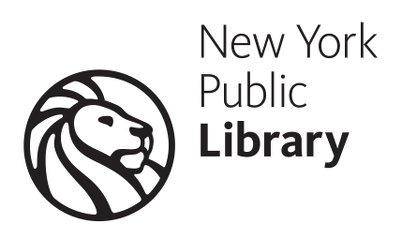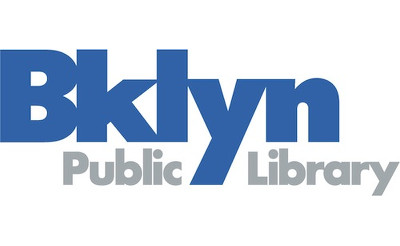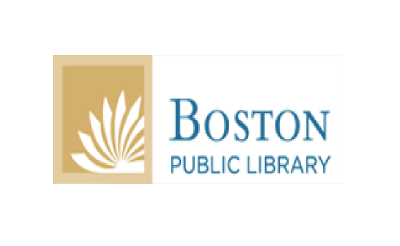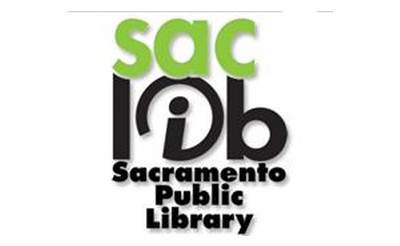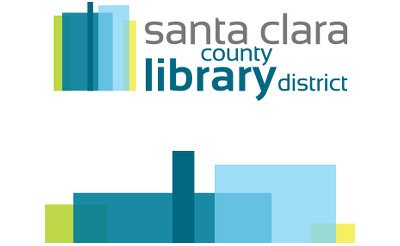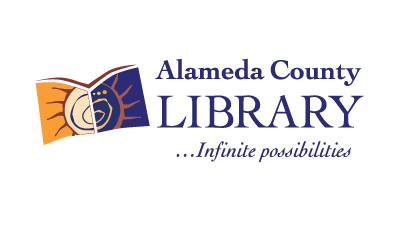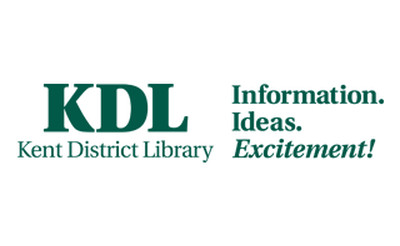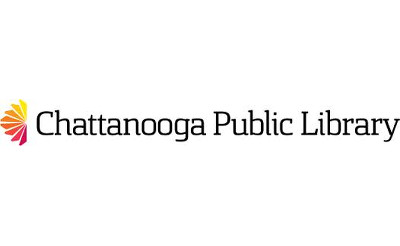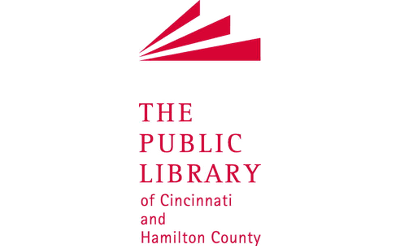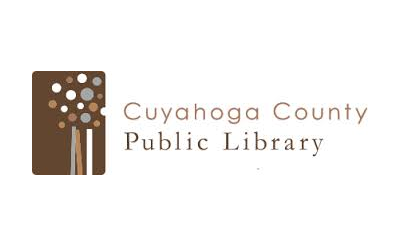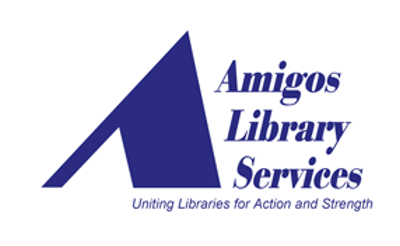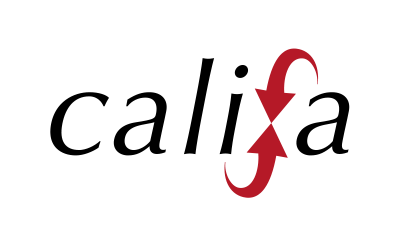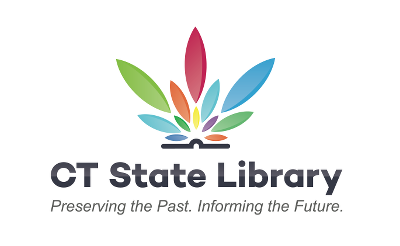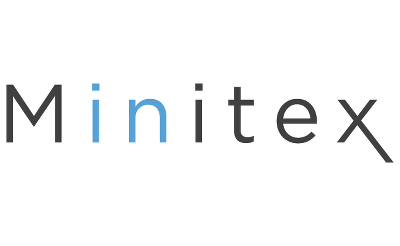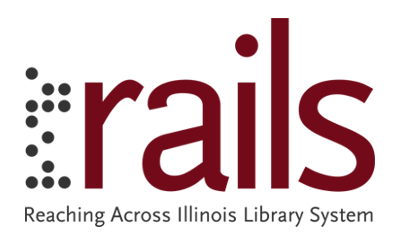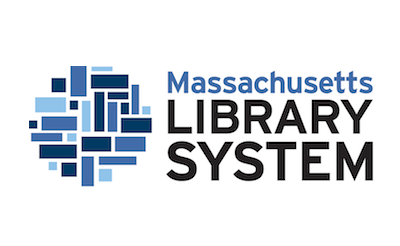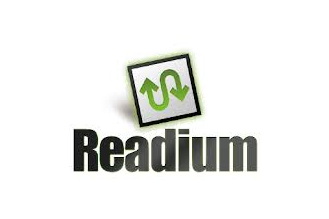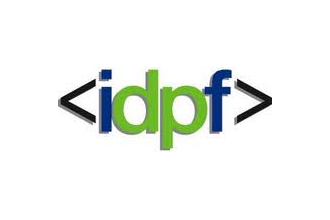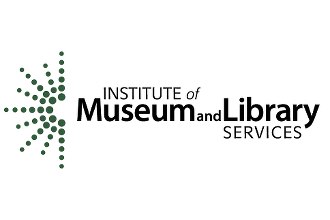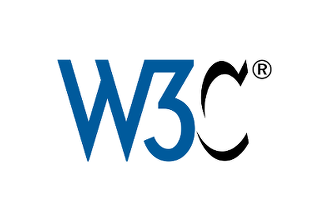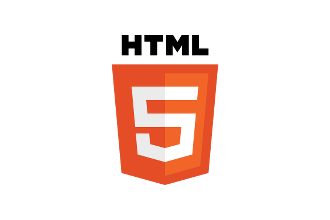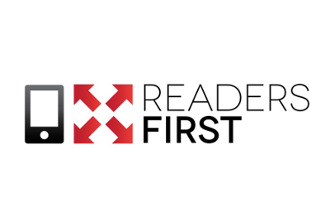The case for SimplyE
Andrew Carnegie once said
"The man who acquires the ability to take full possession of his own mind may take possession of anything else to which he is justly entitled."There is no other ability such as reading which one may possess that allows one to take full possession of their mind so as to pursue their ambition. It is through reading that we gain empathy, share in our human condition, expand our spiritual, social, scientific, political and economic advancement. Unlike our natural senses, reading is a gift of our own making which allows us the ability to communicate across space and time our feelings, experience, reason, knowledge and thought. For Libraries, reading, is the fundamental enabler of our mission. Without reading what is the purpose of a library? Books, whether digital or analog, are merely tools while reading is the medium of transfer for knowledge and understanding. Only through literacy can people exercise the agency of their cause and most leverage the gifts of the library. Unfortunately in today's digital world, inequality is greater than it has ever been. Unlike the printing press, the internet and digital technologies that define the so called information age are not actually reducing inequality but potentially exasperating it. While access to information is expanded for those with digital literacy and means, those without are left even further behind. As society moves more of its knowledge "on-line" those who are disconnected are deprived of things they entitled to as a person, community and human. Therefore, reducing the economic and intellectual thresholds to books and knowledge , online, libraries advance literacy of all forms. As libraries charge into the 21st century, we find ourselves fighting "the good fight" on behalf of society. Through our collective action, libraries can better connect more people to more books for we believe more people reading more is our ultimate mission. SimplyE is how we hope to connect more people to more books from libraries.
History
With the help of this Institute of Museum and Library Services, ten public libraries across the United States began exploring that question. They looked at what was possible with traditional library policies and the arrival of new technologies. The goal was to break down barriers to library use and collections so that more people could take advantage of all the services that the library offers.
Partner Libraries
The Institute of Museum and Library Services is the primary source of federal support for the nation’s 123,000 libraries and 17,500 museums. Its mission is to inspire libraries and museums to advance innovation, lifelong learning, and cultural and civic engagement. Its grant making, policy development, and research help libraries and museums deliver valuable services that make it possible for communities and individuals to thrive. To learn more, visit www.imls.gov and follow IMLS on Facebook and Twitter.
Partner Consortia
What other people say about us

More and more of our patrons want ebooks and we need to make it as simple as possible for them.
Amy Calhoun
Sacramento Public Library

I am very excited that the Connecticut State Library is working in collaboration with NYPL to deploy the Library Simplified App statewide in Connecticut and to be partnering on the development of the LEAP project. This partnership will greatly enhance access to eBooks through Connecticut's public libraries.
Kendall F. Wiggin
CT State Librarian

"As a former teacher in a Title I school, I know an app like Open eBooks would have been a game changer for my students,” he says. “Teachers and librarians are always trying to find new ways to motivate students.”
Colin Rogister
White House Special Advisor - OSTP/ConnectED Inititative
Open access technologies and standards we work with
Libraries with help and support from other non profits such as the Readium Foundation and the International Digital Publishing Forum (IDPF) seek to rationalize eBooks technology, promote open access and improve the reading experience. Our goal is to make discovering, borrowing and reading eBooks from the library as easy as possible. Through collaboration and use of open access technology and standards movements, we hope to provide a accessible technology alternatives to public institutions seeking to provide eBooks.
